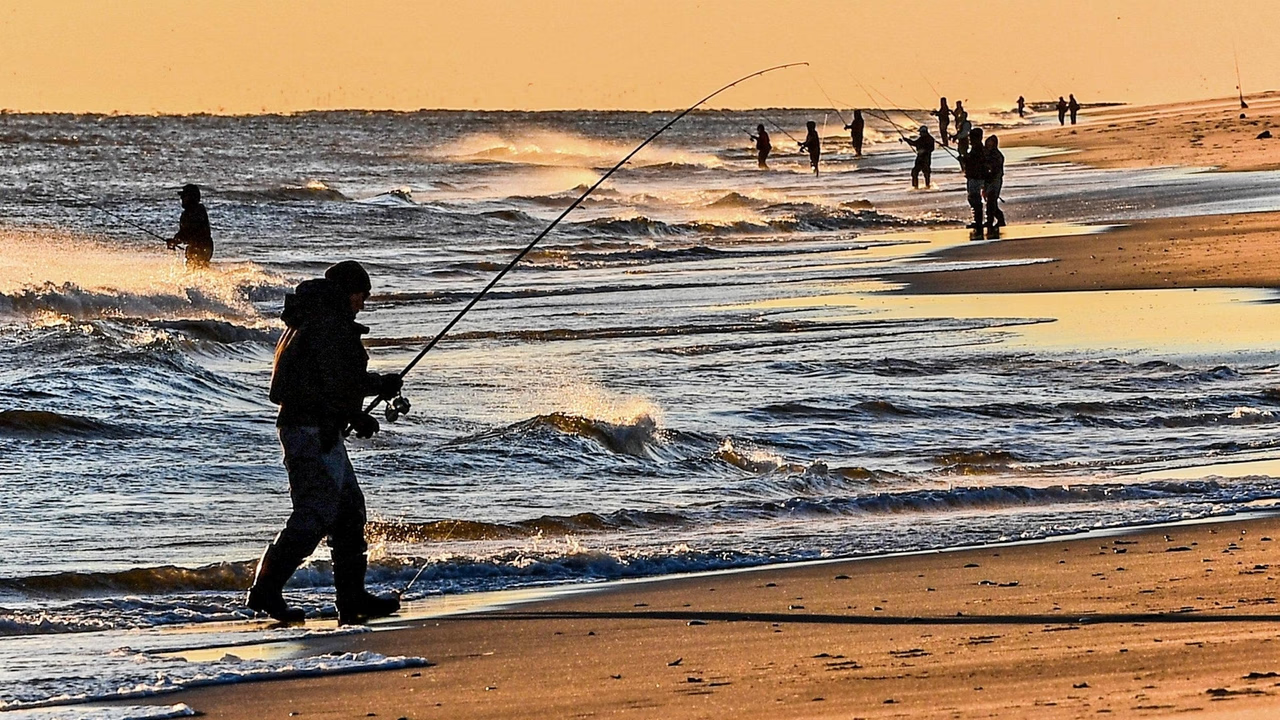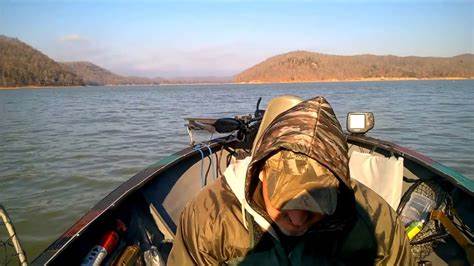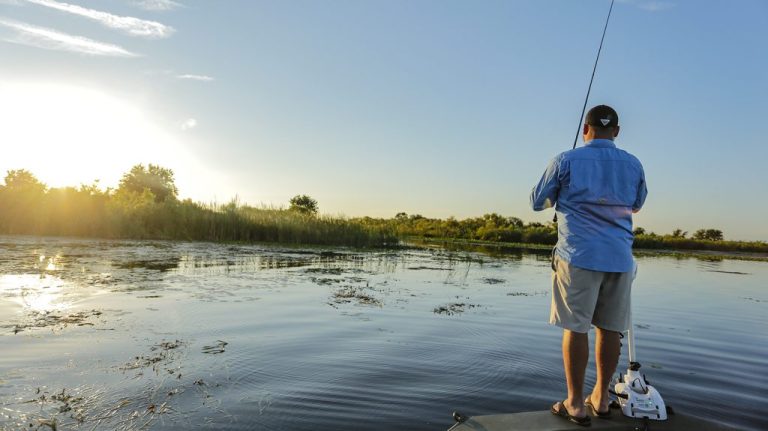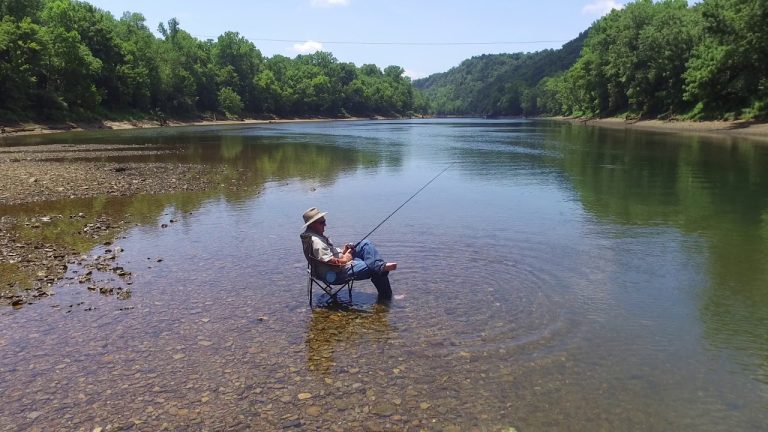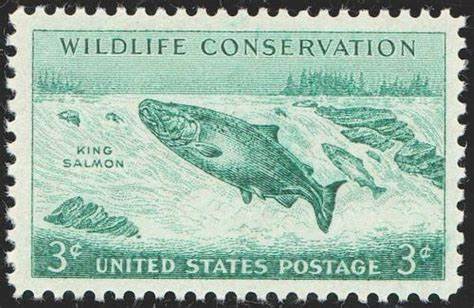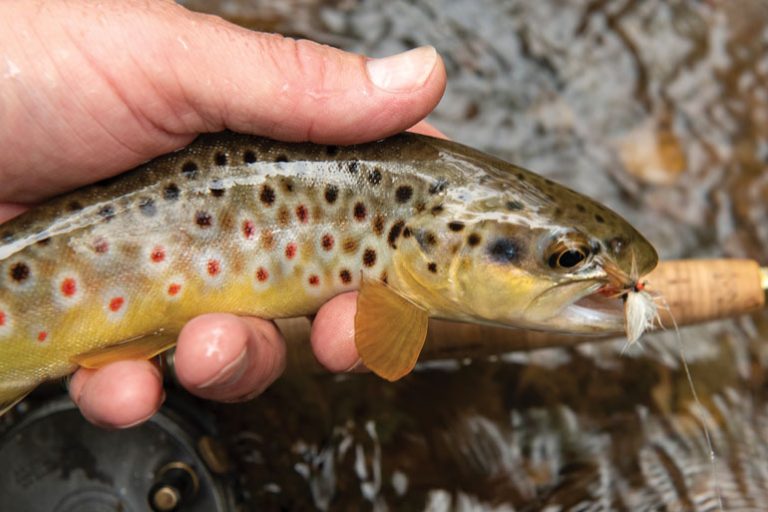Are you ready to embark on an unforgettable saltwater fishing adventure in New York? This comprehensive guide provides everything you need to know about the state’s saltwater fishing regulations for 2025, ensuring a hassle-free and compliant experience on the water. Whether you’re a seasoned angler or a newcomer to the sport, understanding these regulations is crucial for a successful fishing trip.
Overview of Regulations
New York’s saltwater fishing regulations are designed to ensure sustainability and responsible use of marine resources. In this guide, we’ll cover the essential requirements, including:
- Recreational Marine Fishing Registry
- Types of licenses and fees
- Permitted fishing activities
- Regulations on catch limits and seasons
- How license fees contribute to conservation efforts
We aim to provide you with the tools you need to navigate these regulations confidently and maximize your fishing experience.
Understanding Saltwater Fishing Requirements
To fish legally in New York’s marine waters, anglers aged 16 and older must obtain a Recreational Marine Fishing Registration. This no-cost permit is mandated by the National Saltwater Angler Registry Program and covers fishing from the shores of Long Island out to 200 nautical miles offshore, including the Atlantic Ocean, Long Island Sound, and the Hudson River up to the Governor Malcolm Wilson Tappan Zee Bridge.
This registration allows the New York State Department of Environmental Conservation (DEC) to collect essential data on fishing activity, informing the management of fisheries, quotas, size limits, and seasons. Registering helps ensure the sustainable use of New York’s marine resources.
Obtaining Your Saltwater Fishing Registration
The process for obtaining your Recreational Marine Fishing Registration is straightforward and can be done through several convenient options:
- Online: Visit the DEC’s website to register.
- By Phone: Call 1-866-933-2257 to register over the phone.
- In-Person: Visit a licensed agent such as a town clerk, bait and tackle shop, or DEC regional office.
After registration, you will receive a confirmation number that serves as proof until your physical card arrives in the mail.
Types of Saltwater Fishing Licenses and Permits
In addition to the free Recreational Marine Fishing Registration, New York offers various fishing licenses and permits tailored to an angler’s specific needs:
Table of Fishing Licenses & Fees
| License Type | Resident Fee | Non-Resident Fee |
|---|---|---|
| Annual Fishing License | $25 | $50 |
| 7-Day Fishing License | $12 | $28 |
| 1-Day Fishing License | $5 | $10 |
| Freshwater Fishing License | Varies | Varies |
| Combination License (Fresh & Salt) | Varies | Varies |
| Commercial Fishing License | Varies | Varies |
Note: Combination licenses cover both freshwater and saltwater fishing, providing a cost-effective option for avid anglers. Commercial licenses are subject to specific requirements and regulations aimed at sustainable practices in the industry.
Fishing Regulations: Catch Limits, Seasons, and More
New York’s saltwater fishing regulations are crucial for managing fish populations and ensuring the sustainability of marine resources. These regulations encompass:
1. Catch Limits
Catch limits indicate the maximum number of fish that can be legally kept during a fishing trip, varying by species and subject to changes based on population assessments. For the most up-to-date catch limits, visit the DEC’s website.
2. Size Limits
Size limits specify the minimum or maximum size of fish that can be legally harvested. These regulations are essential for protecting juvenile and spawning fish. Check the DEC’s website for current size limits.
3. Seasons
Fishing seasons indicate when specific species can be legally targeted, protecting them during vulnerable periods like spawning. Stay informed about open seasons by consulting the DEC’s website or calling (631) 444-0430.
To ensure compliance, always verify the most current regulations by visiting the DEC’s website or calling (631) 444-0430 before your fishing trip.
Table of Saltwater Fishing Limits
For a detailed table of saltwater fishing limits, including minimum size, daily possession limits, and open seasons for various species, please refer to the DEC’s website.
Permitted Fishing Activities and Locations
When registered, anglers can participate in numerous fishing activities across New York’s marine waters, including:
- Fishing from Shore or by Boat: You can fish from shorelines, piers, jetties, and within bays and offshore waters.
- Targeting Various Species: The registration permits targeting a wide range of species, from striped bass to fluke and sea bass.
- Year-Round Opportunities: Saltwater fishing in New York is available year-round, with peak times generally in spring through fall.
Be mindful that while the registration covers saltwater activities, specific permits may be required for certain activities like harvesting lobsters or participating in commercial fishing. Check the DEC’s website for more information.
The Impact of Your License Fees: Supporting Conservation Efforts
A portion of your fishing license fees supports crucial conservation initiatives, ensuring the longevity of New York’s marine resources. Your fees contribute to:
- Fisheries Management: Funding research and assessments to monitor fish populations.
- Habitat Restoration: Projects focused on restoring and protecting vital fish habitats.
- Public Access Improvements: Maintenance and enhancement of access points, ensuring that all anglers can enjoy the state’s waters.
- Education and Outreach: Programs promoting responsible fishing practices and conservation awareness.
By understanding and adhering to the regulations, you are directly contributing to the sustainability of marine resources, paving the way for future generations to enjoy these fishing opportunities.
Conclusion
In conclusion, embracing New York’s saltwater fishing regulations not only ensures your compliance but also plays a vital role in conserving marine ecosystems for future anglers. By registering and complying with state regulations, you enhance your fishing experience while supporting long-term sustainability. Make sure to stay informed on regulations by visiting the DEC’s website, enjoy your fishing adventures responsibly, and contribute positively to New York’s marine conservation efforts.
Additional Resources
For more information on New York’s fishing regulations, visit the following official resources:
- New York State Department of Environmental Conservation – Fishing Licenses
- New York Saltwater Fishing Regulations
- Recreational Marine Fishing Registry
Do I need a separate license for freshwater fishing?
Yes, if you plan to fish in New York’s inland waters, such as lakes, rivers, and streams, you’ll need to obtain a separate freshwater fishing license. The Recreational Marine Fishing Registration only covers saltwater fishing in the state’s marine and coastal district waters.
Can I fish from a charter or party boat without a license?
No license or registration is required if you’re fishing on a licensed charter or party boat in New York’s marine waters. However, the boat operator must have the necessary permits and licenses.
Are there any free fishing days in New York?
Yes, New York offers several free fishing days throughout the year when no license is required for freshwater fishing. These dates typically include the last full weekends of June and September, as well as Veterans Day and Presidents’ Day weekends. However, all other fishing regulations remain in effect during these free fishing days.
How can I stay updated on regulation changes?
The New York State Department of Environmental Conservation (DEC) regularly updates fishing regulations based on population assessments and management needs. You can stay informed by visiting the DEC’s website or calling (631) 444-0430 before your fishing trips.
Can I use my New York fishing license in neighboring states?
No, your New York fishing license or registration is only valid within the state’s waters. If you plan to fish in neighboring states or provinces, you’ll need to obtain the appropriate licenses or permits required by those jurisdictions.



